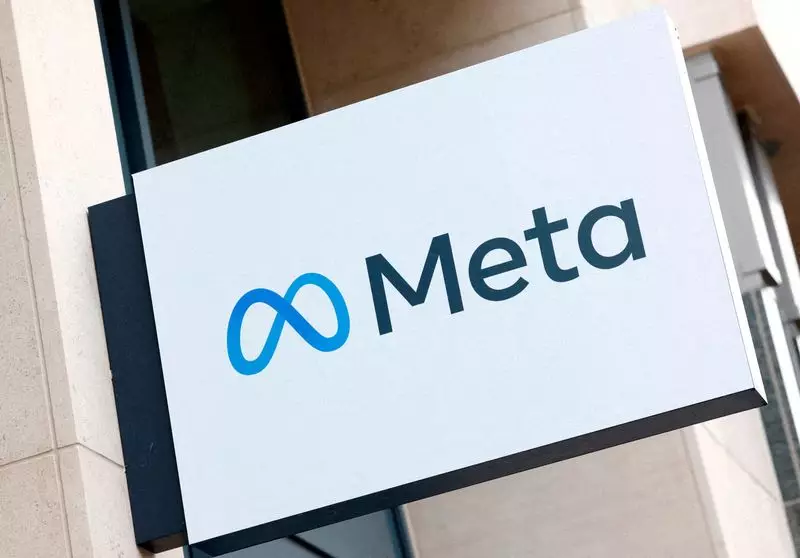In a significant strategic move, Meta Platforms has recently appointed Joel Kaplan as its new chief global affairs officer. This appointment, which succeeds Nick Clegg’s tenure, reflects not only an internal organizational shift but also the company’s desire to navigate the turbulent waters of U.S. politics more effectively. Kaplan’s background as a prominent Republican is notable, especially given the current climate of political polarization. Clegg, who previously held the position and is well-known for his role as a former British deputy prime minister and leader of the Liberal Democrats, has been instrumental in steering Meta’s global policy initiatives since he joined the company in 2018.
Kaplan’s experience will be pivotal as Meta faces increasing pressure to establish robust relations with the incoming administration led by President-elect Donald Trump. This change in leadership comes as businesses nationwide strive to foster favorable relationships with the new government, seeking insights into its priorities and policies.
The political affiliations of corporate leaders can heavily influence their companies’ public relations strategies and policy approaches. Kaplan, with his deep-seated connections within Republican circles, may enhance Meta’s approach to regulatory challenges and public perception. The company had faced severe criticism regarding its role in the 2020 presidential election, with allegations of bias and suppression of certain political viewpoints, which were levied by none other than the incoming president himself.
Under Clegg’s guidance, Meta established an independent content oversight board to address concerns surrounding content moderation and elections. Nonetheless, the appointment of Kaplan signals a shift towards a more politically aligned approach, potentially opening doors for a reconciliatory relationship with Trump’s administration.
Meta’s previous contributions to political funds can shed light on its strategy. Reports indicated that the company donated $1 million to Trump’s inaugural fund. This decision places Meta squarely in the realm of highly politicized corporate contributions, highlighting its attempts to align itself with the incoming administration post-election. The company’s CEO, Mark Zuckerberg, previously refrained from endorsing any candidates during a media interview, creating an impression of neutrality that may now be reevaluated under Kaplan’s leadership.
As Kaplan steps into his role, he faces the daunting task of mending relations with critics while addressing ongoing concerns about platform integrity and accountability. In a landscape rife with allegations surrounding misinformation and its impact on democracy, Meta’s decisions will be under immense scrutiny.
As Meta prepares for this new chapter, the balance between political alliances and ethical oversight will shape its public image and operational effectiveness. Kaplan’s aptitude for navigating complex political terrains may provide the company with a much-needed advantage amidst regulatory challenges and public distrust. The outcome of this transition remains uncertain; however, it is clear that Meta is preparing for a future that may require more than just technological innovation—it must also embrace the nuances of political engagement to regain trust and credibility.

